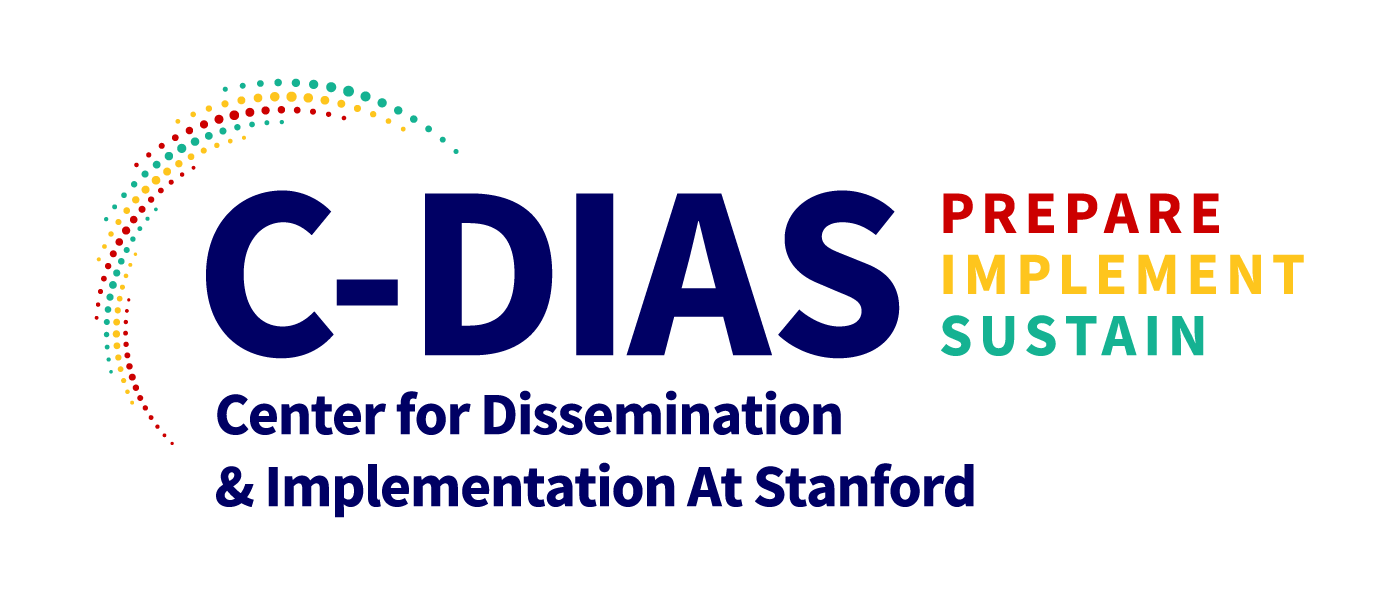Lauren K. Whiteside, MD, MS
University of Washington
The opioid epidemic is rapidly evolving with the proliferation of nonpharmaceutical fentanyl. Simultaneously, researchers, public health officials, and clinicians are working to develop and implement interventions to improve clinical care for patients with opioid use disorder (OUD). The Emergency Department Longitudinal Integrated Care (ED-LINC) randomized clinical trial harnesses the Collaborative Care model to reduce illicit opioid use and improve initiation and retention of evidence-based medications for opioid use disorder (MOUD) for patients that visit the ED with OUD. The original ED-LINC intervention was developed and pilot-tested prior to the overwhelming availability of fentanyl in our community. We present information on a systematic rapid qualitative approach leveraging real-time clinical observations related to fentanyl use among the initial n=30 ED-LINC intervention participants. This method was used to systematically produce and document protocol modifications and intervention adaptations required to ensure successful implementation of an intervention that is relevant to the target population amidst the rapidly intensifying fentanyl epidemic. As an implementation practitioner, there is an unavoidable urgency in treating patients with OUD due to fentanyl now and it is crucial that research does not lag behind the current state given the rapidly evolving epidemic.

